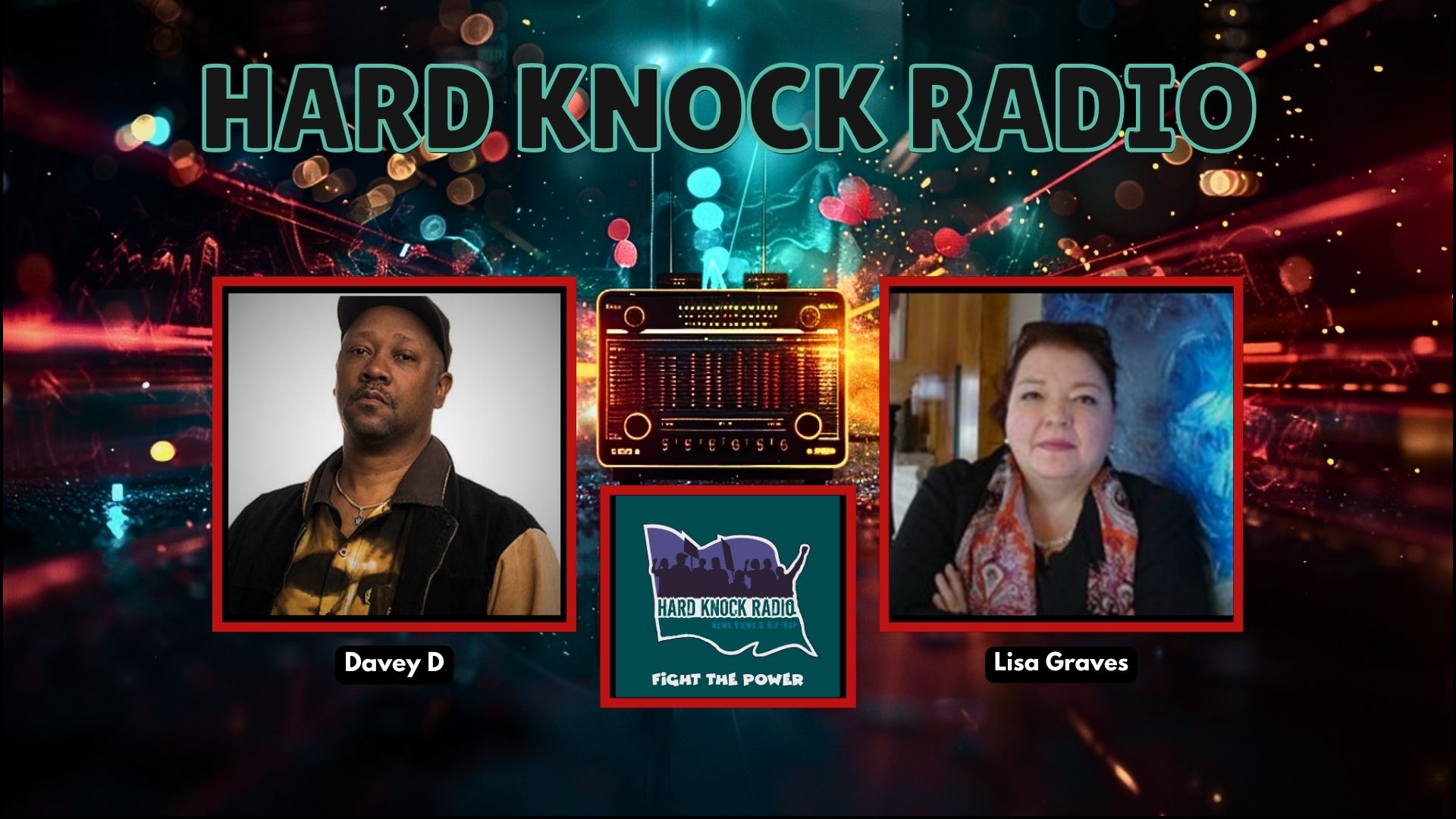In an enlightening episode of Hard Knock Radio, host Davey D spoke with Lisa Graves, the Executive Director of True North Research, to unpack the intricate world of dark money and its significant impact on U.S. politics. The conversation covered a range of topics, including the historical backdrop of dark money, the legal frameworks that have enabled its proliferation, and specific ongoing initiatives like Project 2025 that symbolize the strategic implementation of such funds to shape America’s political future. Below are five key points from their discussion, focusing particularly on Project 2025 and the notable individuals involved in these dark money endeavors:
1. Introduction to Dark Money and Its Historical Evolution:
Lisa Graves detailed the historical context of dark money, explaining how changes in laws during the Nixon administration initially aimed to increase political funding transparency. However, decisions like the Citizens United Supreme Court ruling in 2010 significantly altered this trajectory by allowing unlimited, anonymous donations to influence political outcomes. Graves noted, “Since 2010, we live in really a dark money universe in which the dark money spending on our elections outpaces the disclosed money.”
2. The Role of the Supreme Court and Judicial Impact:
The conversation highlighted the U.S. Supreme Court’s pivotal role in shaping the landscape of political donations through its rulings, which have consistently expanded the influence of dark money. Graves criticized the court for decisions that protect the anonymity of wealthy donors and remove spending limits, thereby undermining democratic principles and enabling a disproportionate influence of hidden financiers in political processes.
3. Project 2025: A Blueprint for Conservative Dominance:
Project 2025 was discussed as a critical example of how dark money aims to sculpt political realities. This initiative, as Graves described, is a strategic blueprint intended for implementation by a future conservative administration, aiming to reshape U.S. policies and judicial appointments profoundly. The project underscores the strategic, long-term planning involved in using dark money to achieve significant conservative transformations in governance and policy.
4. Key Figures in the Dark Money Network:
The dialogue brought to light several influential figures deeply embedded in the dark money network, including Charles Koch and Leonard Leo. These individuals have been instrumental in orchestrating and funding efforts to steer political and judicial outcomes in the U.S. Graves specifically called out their activities, including their involvement in shaping Supreme Court nominations and pushing for policies that align with their conservative ideologies.
5. The Necessity of Transparency and Public Vigilance:
Lisa Graves emphasized the crucial need for transparency in political financing and the role of public vigilance in combating the influence of dark money. She advocated for increased investigative efforts to uncover and expose the mechanisms and impacts of undisclosed funding. By fostering an informed electorate and supporting stringent disclosure laws, Graves believes it is possible to mitigate the undemocratic effects of dark money.
Throughout their discussion, Davey D and Lisa Graves not only delved into the structural and legal aspects of dark money but also addressed its broader implications on democracy and governance. They stressed the importance of staying informed and proactive in a political environment increasingly dominated by untraceable financial contributions.


Leave a Reply